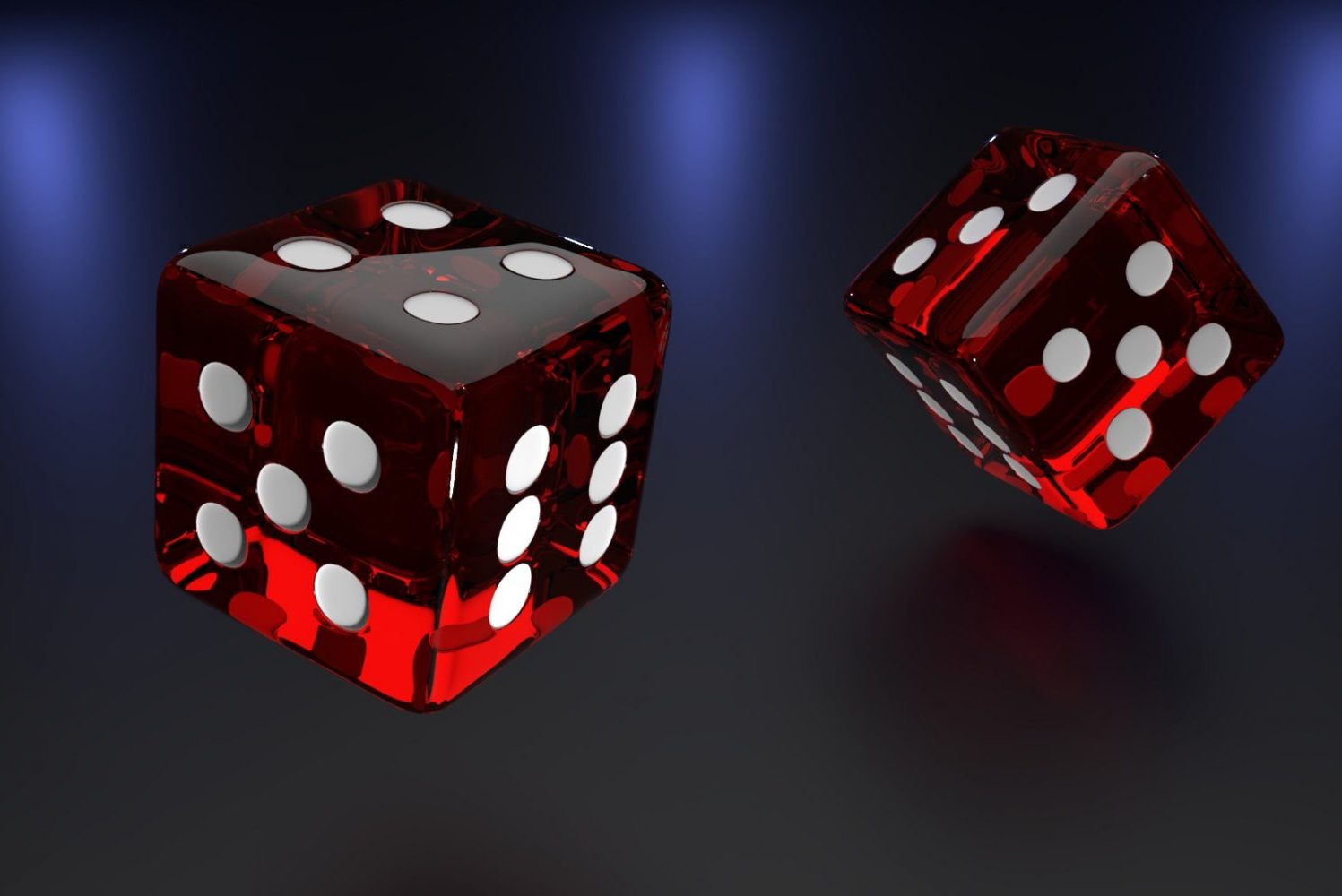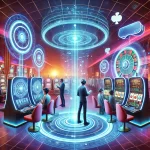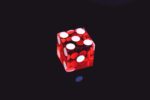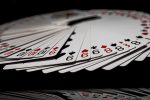It is sometimes very hard to understand human nature. We can take one of the best examples for such a statement from the act of gambling. It is impossible to find logical reasoning behind the behavior of a regular gambler. Casinos offer numerous types of games of chance but they all have one thing in common: They are all made to make the casino owners profitable.
We live in an era of abundant online gambling. It is one of the favorite pastimes for people of all generations across the globe. From regular online pokies in Australia to extraordinary progressive jackpots at American casinos, large masses are drawn by these simple machines. It doesn’t matter that a player can never beat any casino game in the long run. Why are so many people still so tempted to head over to these brick-and-mortar establishments? Why does the gambling industry keep flourishing? The near-miss effect could provide some answers.
The moment when we almost win
The potency of near misses is greater than you can imagine. As wrong as it sounds in gambling, people are usually not aware of their losses. They rather see them as “almost-wins.” Indeed, if you think of any other niche or branch, there is much more rationale behind such a theory.
Let’s take tennis as an example. You’ve started your career as a teenager and received a wildcard for the first round of the US Open. You got lucky with the draw and actually offered a strong display taking the match into the fifth set. In the decider, a single point made the difference in the favor of your opponent. Would you consider that defeat a failure? No, you would rather look at the match as the one you had a chance of winning. It will only motivate you to keep training harder for the next battle.
Now, let’s imagine you losing that same match in straight sets without offering any sort of resistance. You would think that tennis was not the right sport for you. You would not be motivated to train and you would eventually give it up.
Can you now recognize the difference between the two losses? At the end of the day, it was the same outcome, as you lost the match. However, it was that moment when you almost won that kept you motivated and eventually made all the difference.
Can our brain distinguish the activities that require skill from those that don’t?
The aforementioned example can be applied to a wide array of activities. When you play video games like Fortnite, Ninjala, Cyberpunk 2077, etc., you will have the option to improve your characters by completing certain challenges. If these challenges are impossible to beat, you will try them just once and never again. However, if you get close to making it count, the effect will compel you to try again.
Such a rationale is perfectly fine when it comes to activities that require skills. Unfortunately (or should we say luckily for casinos), our brain is incapable of differentiating these from activities driven by luck (the majority of casino games).
How does it feel to see a roulette spin landing on 22 instead of 21?
Casinos are well aware of the near-miss effect and they take the maximum advantage from it. Let’s say you want to spin some reels on your favorite slot machine. The paytable reveals that the life-changing jackpot is paid when you land three lucky sevens. You will come so close to hitting it by landing two lucky 7s and an orange. You will almost feel like you’ve won, and you will immediately be tempted to insert more money into the machine in an attempt to hit it next time.
A royal flush is the strongest hand in poker. If you have a ten, jack, queen and king of hearts, you just need an ace of hearts to be unbeatable. However, if it doesn’t land, you have a trash hand and you’d be better off with a pair of twos. The same goes for roulette and pretty much any other casino game.
At the end of the day, close losses should never make any kind of difference at games with no skill involved. Sadly, our dopamine neurons just don’t get it.
















